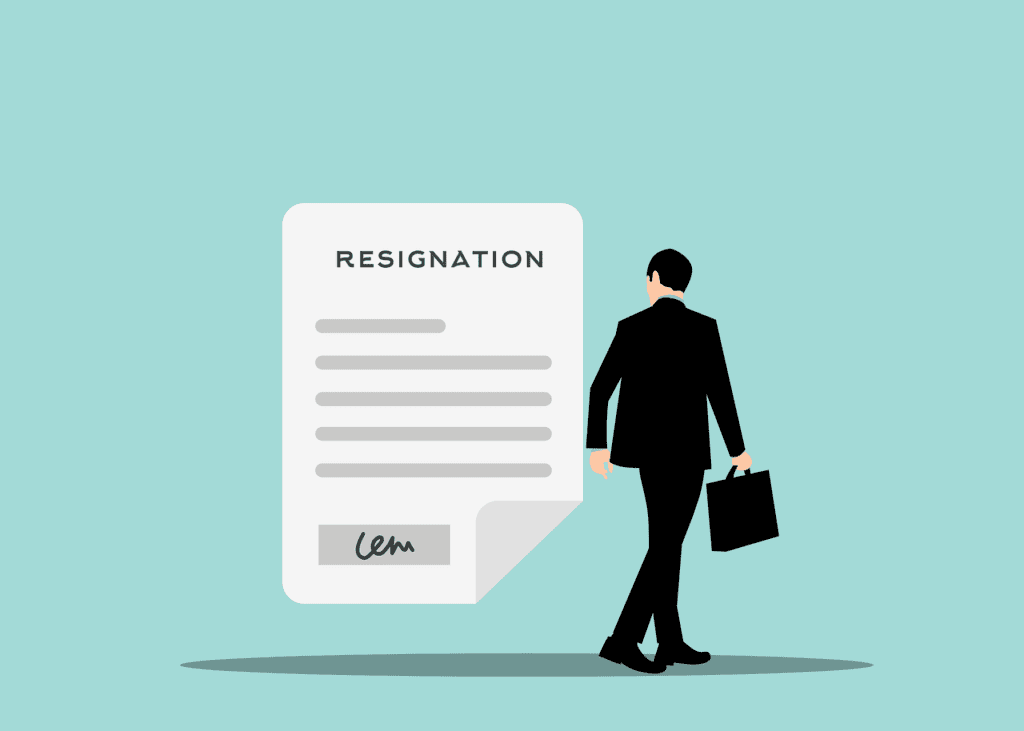Oh, I can’t take it any longer. I’m going to give up.
That’s what you just said, isn’t it? And you’ve come here to find an answer to the question “how to quit a job you just started?”
I understand. You are not alone. Hundreds of thousands of people feel the same way within the first month of starting a new job. The reason could be anything from a bad fit, toxic culture, wrong commitments, travel issues, a bad manager, or a better offer; if you’ve made up your mind, let’s learn how to gracefully quit a job you just started.
We all have certain expectations from a new job, such as a supportive boss, excellent working conditions, a great company culture, wonderful people, and an exciting job role. But you appear to be disappointed. Something isn’t going right for you. Your inner voice is already screaming, “I hate my new job!”
Normally, I would not advise quitting a job within the first few months. Before taking a call, you should always take the time to learn, adapt, and settle down. You know, things improve over time.
However, it is sometimes better to give up than to suffer.
Quitting a job you just started is acceptable as long as you leave on good terms. Before you send out that resignation letter, there are a few things you should consider. Here’s how to gracefully leave a job you’ve just started.
- Speak to your boss in person:Even if it makes you uncomfortable, informing your boss of your decision in person is the best approach. Discuss your problems, your expectations, and your level of comfort. You might be able to find a solution. Even if you do not want to discuss the issues, informing them of your decision in person demonstrates your professionalism.
- Keep it positive: You’re probably quitting because you don’t like your boss/manager and want to avoid a confrontation. You are not required to explain why you are leaving. If your boss presses you for an explanation, approach them with caution and explain that the decision was difficult to make and that you appreciate the opportunity to work with them. However, it’s in best interest of the company and yourself.
- Submit a written resignation letter: When you leave a company, you must submit a proper resignation letter along with a minimum of two weeks’ notice. Quitting a job without notice is never an option. Even if your employer has agreed to let you go verbally, you must get everything in writing to formalise the separation. And don’t even think about absconding.
- Do your duty: Even if you have resigned, you are still an employee who is serving a notice. Maintain your focus on your work and do not let your employer down with poor performance.
Regardless of the circumstances, it is critical that you do not jeopardise your relationship with your employer. You might need his help in the future. Always try to end your professional relationships on a positive note.



